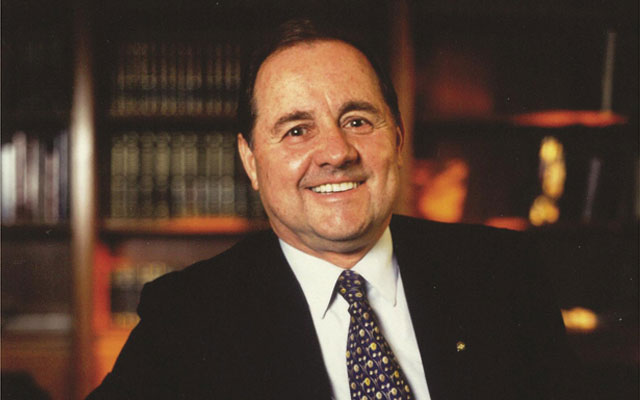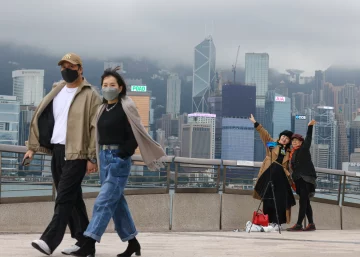(TTG Asia, posted on Nov. 22, 2017)
By TTG Asia
/ Posted on 22 November, 2017 10:24
Giovanni Angelini, founder, Angelini Hospitality, and former CEO and managing director of Shangri-La Hotels & Resorts, looks at the evolution of hotel investments and the shape of future hotels
The industry has seen wave after wave of small and large investors, some seeing good results and others failing. It’s important to remember that the principle of investing in hotels remains the same – Right Time-Right Place.
Large corporations, pension funds, REITs, private equity, wealthy families and others have all invested in hotels and brands. While some have a short-term exit strategy, others have a long-term objective.
Angelini: travel is constantly evolving
In the past, the industry has also seen investors from countries and regions with ‘global aspirations’ such as Japan during the ’80s, the Middle East and lately from China:
– Japan’s hotel asset buying spree was carried out with too much debt and questionable company valuations, and all the investments in hotels incurred huge losses. A big lesson learned.
– Investors from the Middle East went after trophy assets (mostly done when the price of oil was very high) and in most cases overpaid for the assets. Will those properties and/or the investors face liquidity issues?
– Chinese investors also went after brands and prime properties and overpaid in some cases. Will they continue like this? Indications are that there are new capital controls and the Chinese government is cracking down on large deals/investments outside China. It must be noted that Chinese investors typically focus on the long term.
Looking towards a fascinating (or disturbing?) future, with our imagination at play, evolution just keeps getting faster with no signs of stopping. We now live in a world of smartphones, smart controls, beacons, virtual reality, 3D printing, cloud-based technology, facial recognition, infrared body scanners, mobile biometric cards and Bitcoin. It is also a world of more demanding guests and hotels, anxious lenders and fewer employees. (And we can’t forget the effects of climate change, natural disasters and rising sea levels.)
The hospitality industry is and will remain an integral and indispensable part of the worldwide market. Travel demand is expected to remain strong. A very large percentage of the population likes to travel, and they will always find the time and money to do so.
Travel itself, however, is changing, and trends in technology, science, energy and entertainment may change the hotel experience for travellers.
How will future travellers choose a destination and hotel? Are we anticipating what’s to come?
Under increasing cost pressure and the need to differentiate their product, hotel operators will have to explore everything that’s available in order to stand out. Technology has to be aligned with the hotel’s overall strategic positioning and with the competitive advantages of the brand. Again – are leaders anticipating all of this? Are they prepared for bold decisions, bold actions and serious budgets?
Will the traditional form of hospitality change? And what can we expect?
In all probability, we will have to plan to introduce virtual reality in many parts of the hotel, as well as 3D printers, artificial intelligence, morphing technology for special effects, gesture-controlled interactive walls, ubiquitous touchscreens, hyper connectivity, robofying cars, my travel avatar and much more.
Hotels will have to implement new systems to search, explore and book destinations and hotels (my travel avatar), as well as introduce DNA mobile and/or virtual payments. Multimodal systems complete with one step booking capabilities will become mainstream.
Longevity wellness programmes and neuro-dream (choose your own dream) are expected to become industry standards. Self-sustainable eco-hotels will also become an expectation. The continual desire for something different in food and beverage will continue, particularly in line with a balanced diet, creativity, attractive new concepts, less uniformity and more value.
Delivering a highly personalised and memorable hotel experience in the future will become increasingly challenging. Training programmes need to be intensified to prepare employees to perform multi-functional roles.
Markets are driven by consumers, and choice and better value is what they expect now and in the future. The hotel industry has traditionally valued long-term relationships and this value and practice should be strengthened.
The best competitive advantage, for any organisation, is to have things that cannot be copied by competitors, such as brand recognition, market position, quality standards/consistency and, most importantly, people and culture. Changes can be integrated as part of company culture in order to increase the value and competitiveness of a hospitality organisation.
http://www.ttgasia.com/2017/11/22/hotel-investments-of-the-future/

